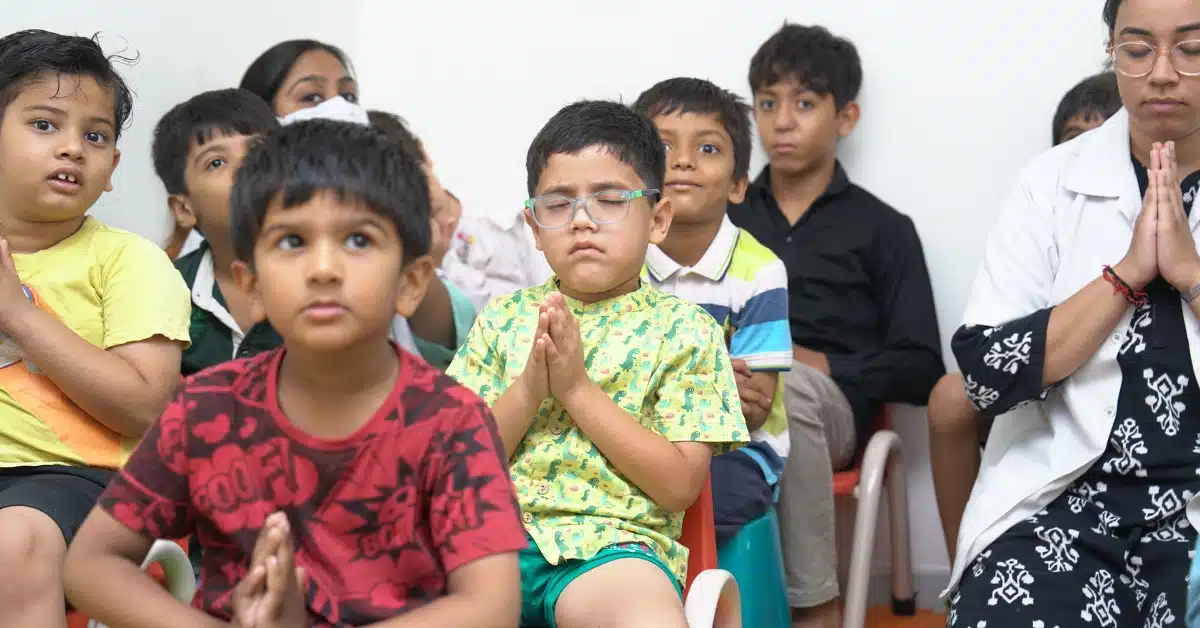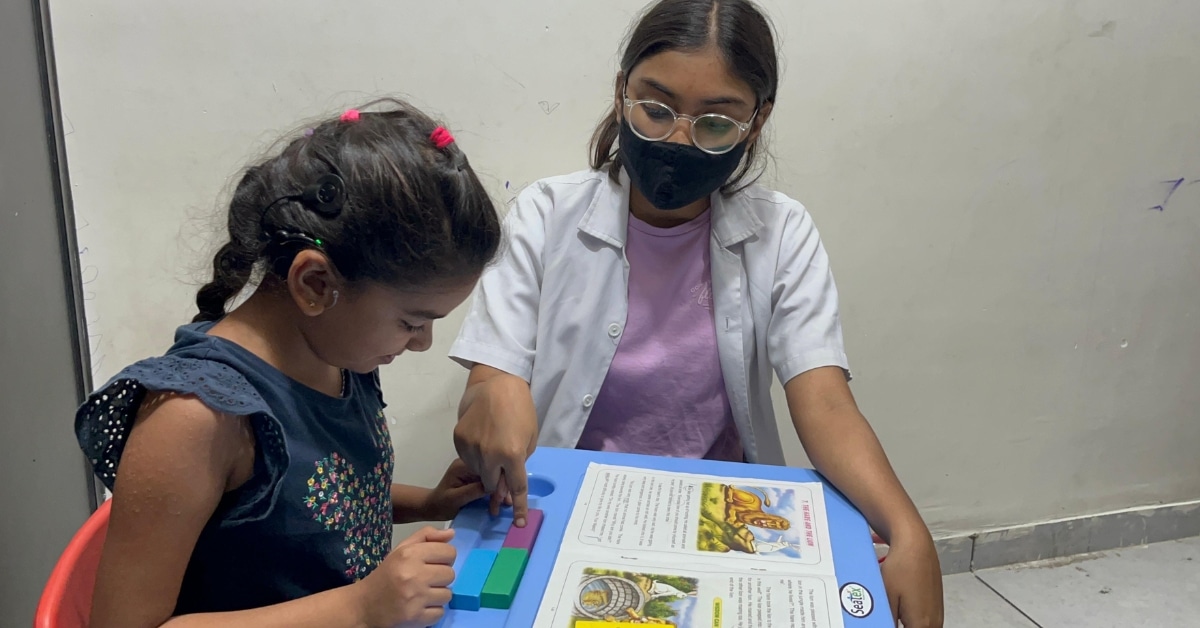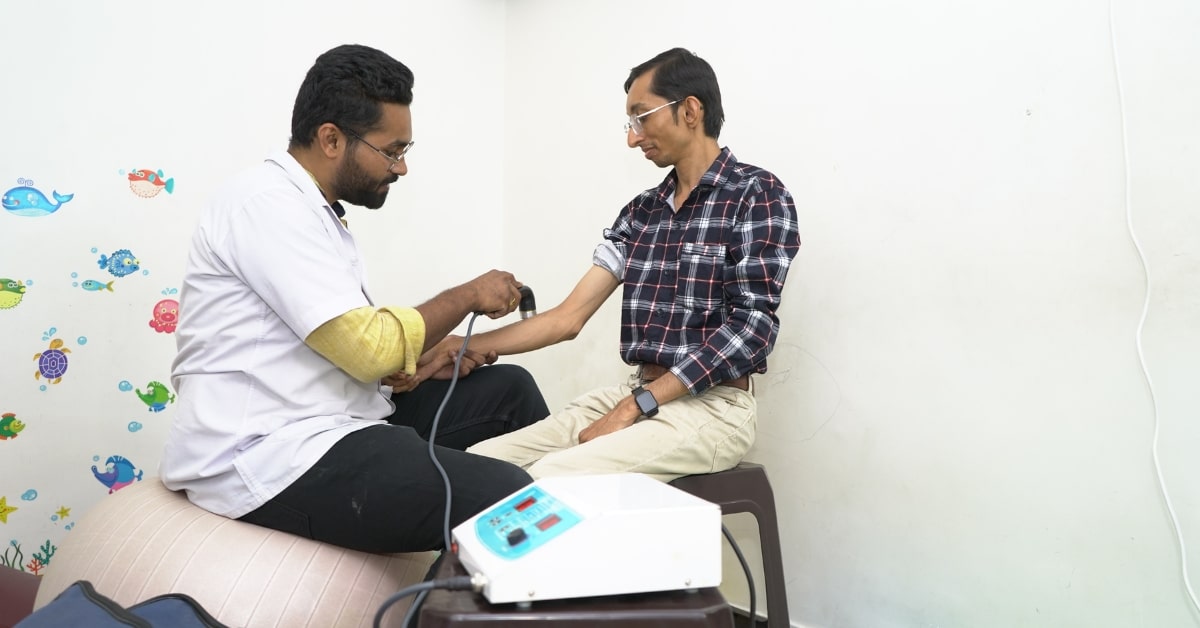
Voice Therapy Centre in Vadodara
At RDCC Healthcare, the Leading Voice Therapy Centre in Vadodara. Our Voice Therapy Specialists address Voice Disorders and enhance Vocal Function and Quality, as well as other various difficulties related to Vocal Production, Resonance, Pitch, and Intensity.
What is
Voice Therapy
Voice Therapy is a specialized form of therapy aimed at Improving Vocal Function, Quality, and Health. It is designed to address various Voice Disorders and Difficulties related to Vocal Production, Resonance, Pitch, and Intensity.
Voice Therapies are tailored to the Specific Needs and Goals of every Individual and may include Vocal Exercises, Behavioural Techniques, and Strategies to Promote Vocal Hygiene and Reduce Vocal Strain. The Ultimate Goal of Voice Therapy is to optimize Vocal Function, Enhance Communication Abilities, and Improve Overall Quality of Life for Individuals who are experiencing Voice Difficulties.
Goals of
Voice Therapy
The Goals of Voice Therapy may vary depending on the Specific Needs and Challenges of the Individual, as well as the Type of Voice Disorder being Addressed. However, Common Goals of Voice Therapy includes:
Voice Disorders Addressed in
Voice Therapy
Voice Therapy is designed to address a variety of Voice Disorders, each Characterized by Different Symptoms and Underlying Causes. Here are Some Common Voice Disorders that may be addressed in Voice Therapy:
Vocal Nodules and Polyps
Muscle Tension Dysphonia (MTD)
Vocal Fold Paralysis
Spasmodic Dysphonia
Vocal Cord Dysfunction (VCD)
Whether you’re dealing with voice disorders or simply seeking to improve your vocal health and performance, our team of Voice Therapy Specialists in Vadodara is here to support you. Contact us today to learn more about how we can help you achieve your voice-related goals and enhance your quality of life through voice therapy.





